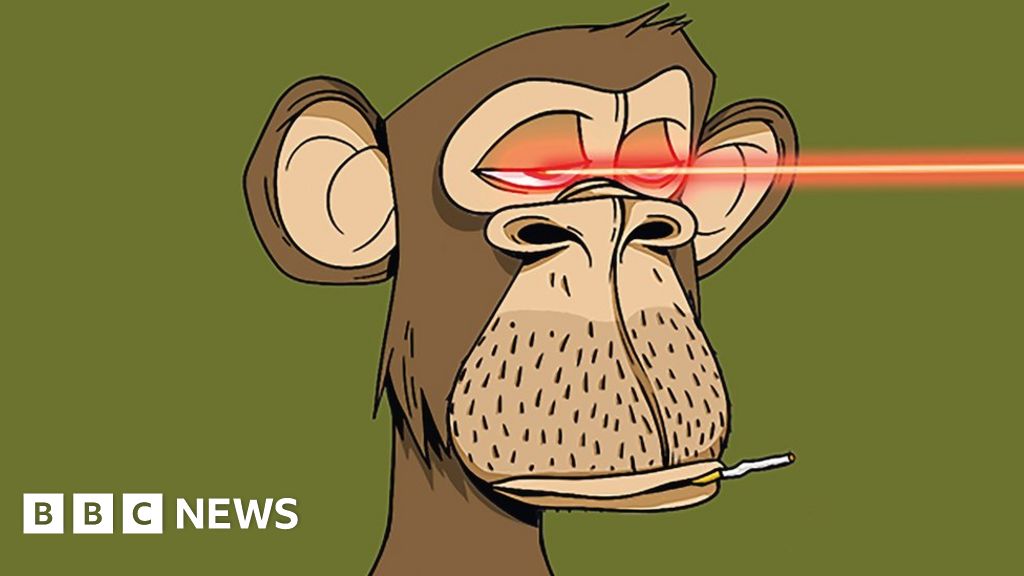Proof of Stake covers that problem by giving compute pool a 'stake' in the transaction management. So quite literally you chip in to maintain the system and you get compensated for it. The amount of grunt will determine the speed of transactions and therefore allow larger stakes. Stake price can increase/decrease (dynamically) to save a network, but its likely transaction cost will rise along with it, etc etc etc. It seems like a workable system, but its going to fight against banks doing their transactions for X cost when and if it finally gets there. And, coins are going to compete with one another too. Consolidation however seems very likely because we want control and reliability over transactions.
At that point its going to likely evolve (devolve?) into a typical commercial affair: who can deliver the service that is demanded at the lowest price and what are the conditions that make up that price.
Looking at banking the last decades, they've come to cost us a lot more over time while they don't offer more in any way shape or form. This is strange, and this is the breathing room crypto might take advantage of to gain leverage over fiat/centralized. A big part of that cost increase in 'using banks' as societies is related to security, which is precisely a problem crypto says it could fix rather effectively.
Thats the optimistic scenario











